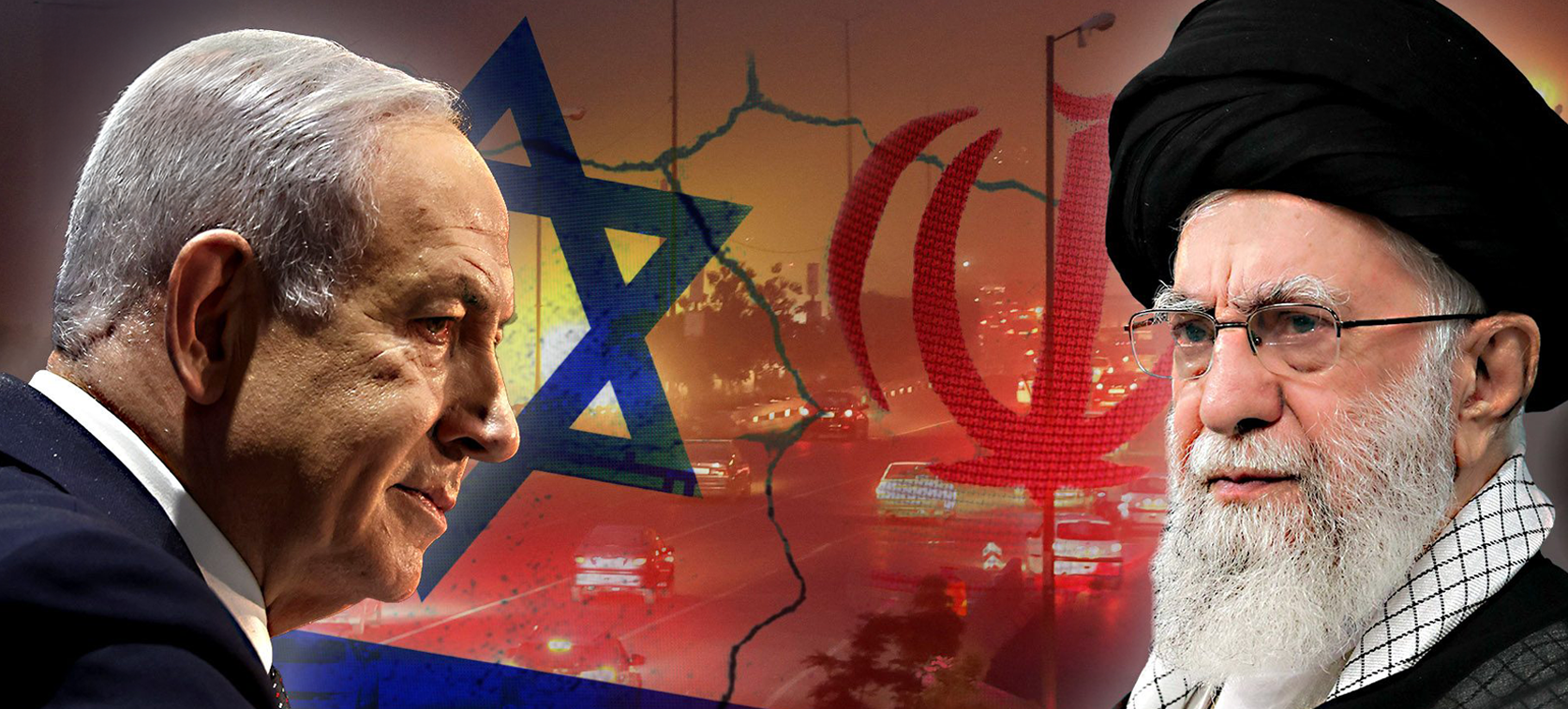The recent 12-day war between Israel and Iran was presented as a high-stakes confrontation between two arch-rivals. But strip away the air raid sirens and war-room theatrics, and a very different story emerges—one of military limits, political hesitation, and declining deterrence. This wasn’t a clash of titans. It was a performance—a geopolitical stage play starring two states constrained by their own weaknesses, and an empire losing its grip.
1. Israel Lacked the Capability to Destroy Iranian Bunkers
Israel’s military image rests on precision and independence. But during this war, it couldn’t even scratch Iran’s deeply fortified nuclear infrastructure. Sites like Fordow and Natanz remained untouched not due to diplomacy, but because Israel simply didn’t have the tools.
According to senior defense officials quoted by the New York Times, Israel requested U.S. help with precision targeting. Without American bunker-busters and logistical support, Israeli jets were outclassed by terrain and depth.
“Israel’s bunker-busting capability still lags behind that of the U.S. Air Force. In any meaningful strike on deep Iranian targets, it would have to rely on American firepower.” – NYT, April 2025
2. America Carried the Strikes—but Gave Tehran a Heads-Up
When the U.S. did step in, it did so with calculated caution. Reports confirmed that Washington gave advance warning to Iran via Switzerland before launching airstrikes on Iranian radar and command assets. The intent wasn’t to destroy, but to de-escalate.
“The U.S. informed Iran of its intended targets, giving Tehran the opportunity to evacuate personnel.” – CNN, April 2025
3. Iran’s Response Was Symbolic—and the U.S. Played Along
Iran’s counterstrike—ballistic missiles aimed at U.S. bases in Qatar—was more about optics than impact. No casualties were reported. CENTCOM later admitted that they had been warned in advance, and troops were moved to shelters.
“We were warned in advance. We took precautions. No fatalities.” – CENTCOM, April 2025
It echoed the 2020 post-Soleimani strikes on U.S. bases in Iraq—dramatic visuals, but no strategic shift. Even Donald Trump couldn’t resist mocking the show:
“Iran didn’t want a war, and neither do we. Biden should stay out of it.” – Truth Social, April 16, 2025
John Bolton called it “kabuki theatre”—a phrase that rings increasingly true for U.S. Middle East policy.
4. A Ceasefire, a Bill, and No Gains
The war closed with a ceasefire that was neither negotiated from strength nor followed by deterrence. Israel walked away bruised and dependent. America left billions poorer and no closer to reshaping the region.
“Israel’s War on Iran Cost Hundreds of Millions per Day—With No Strategic Gain.” – WSJ, April 22, 2025
The performances cost lives, treasure, and credibility. But they revealed something deeper: neither Washington nor Tel Aviv wants—or can afford—real war anymore.
A New Dawn Needs Serious Hands
There is now an opening—a great opportunity—for new leadership to emerge across the Muslim world: intellectually grounded with the resistance in Gaza, economically rooted in self-sufficiency, and militarily emboldened on the regional stage. The U.S. is no longer as great as Trump wants to make it—nor does it have the stamina or capability to stay great.
The very crises we’re witnessing today reveal not weakness for the Ummah—but potential strength. The trillions handed to Trump by the Gulf states prove there is no shortage of wealth in the Global South; the issue has never been money, but how it’s used. Israel, once feared as an unstoppable military power, has now been exposed as vulnerable and dependent—its myth of invincibility shattered. And America, after its complicity in Gaza and its failure to act with principle or strength, has lost its moral and political authority. It can no longer lead the world, nor afford to police it.
These are not just signs of Western decline—they are signals that the Global South, and the Muslim world in particular, can stand on its own feet, unafraid and self-sufficient. We’ve already seen this potential in action: Pakistan’s recent display of air power in response to Indian aggression was not just a national defense—it was a signal to the entire Muslim world that capability, resolve, and technological sophistication already exist within our ranks.
This is the best time for those who want a new dawn to rise and make things happen. Serious Muslims—not slogan-chanting opportunists, but those with intellect, capability, and foresight—should be preparing now.
They must contemplate regime change—not the type choreographed by CIA playbooks or IMF checkbooks, not a cosmetic change like Morsi or a managed decay like Mubarak, not a hijacked revolution like post-Khomeini Iran. But a transformation born of the people’s will, the military’s backbone, and the divine guidance of the Prophet Muhammad ﷺ.
Those who know how, and can, should be investing in action now.
References
- NYT – “Israel Asks for U.S. Help in Striking Iran Bunkers”, April 2025
2. CNN – “U.S. Warned Iran in Advance of Airstrikes”, April 2025
3. WSJ – “Israel’s War on Iran Cost Hundreds of Millions per Day”, April 22, 2025
4. CENTCOM Press Briefing, April 2025
5. Donald Trump, Truth Social Post, April 16, 2025
6. John Bolton Interview, Fox News, April 2025
Need Help?
-
[email protected]
-
Follow us on Instagram
-
Follow us on TikTok
